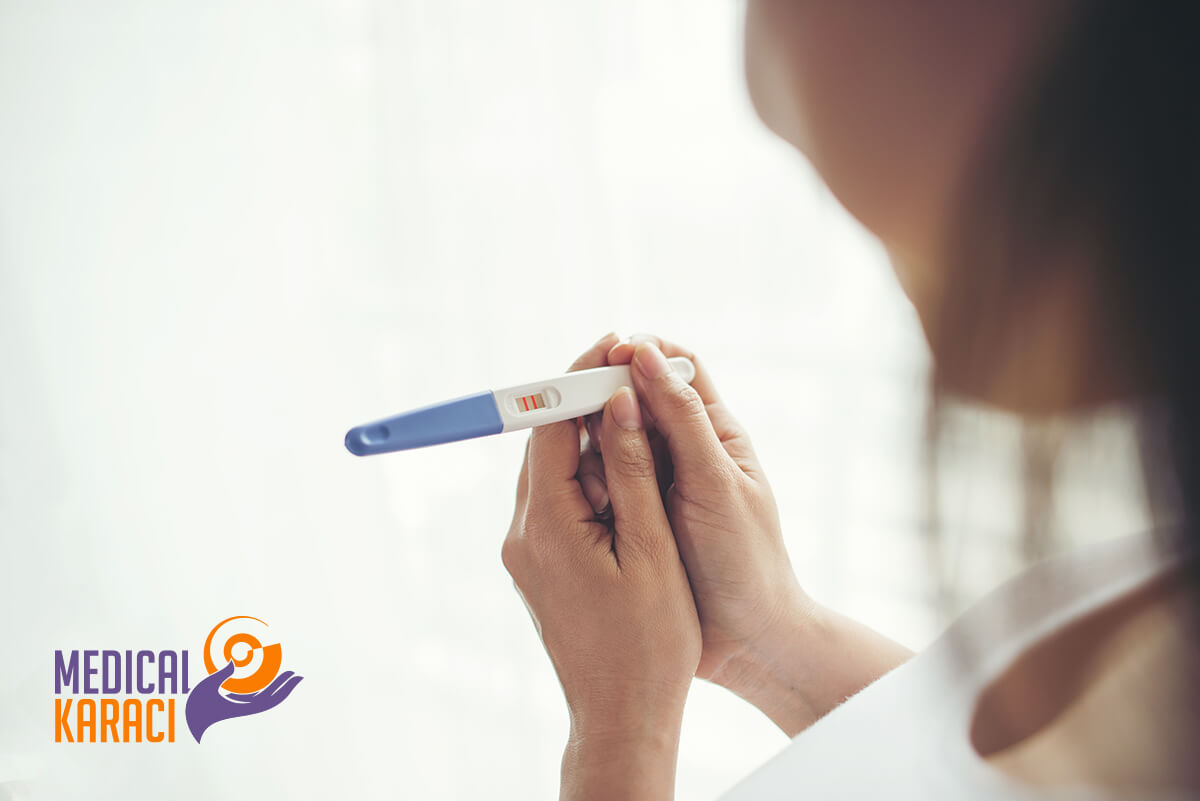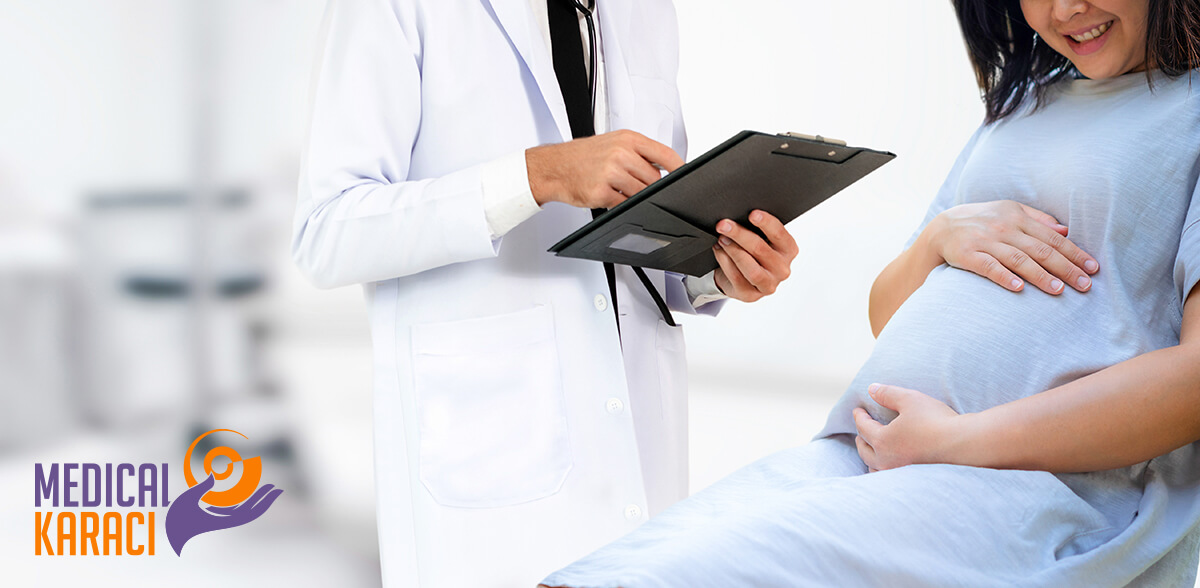In vitro fertilization with donor material - when and how?
Sometimes the desire to have a child of one's own is very strong, but this is biologically impossible or carries risks. In this case, you might consider the possibility of fertilisation with donor material. This could be donor eggs, sperm or embryos. It is natural for any couple to face many questions, concerns and fears in this process. There are no right and wrong decisions in this delicate area, but it is safe to say that with advances in medicine, conception with donor material is becoming an increasingly safe and affordable procedure. Reputable clinics around the world offer donor programs with a palette of options.
When is donor insemination necessary?
In some cases, conception is impossible or unlikely. More and more women are postponing childbirth until a future time, but with age the ovarian reserve decreases and the possibilities of achieving a successful pregnancy become more and more limited. In addition, it is possible that the expectant mother does not produce eggs or that they are of low quality due to a health problem, chemotherapy, genetic disease. Or the woman is a carrier of genetic abnormalities that can be passed on to offspring and cannot be avoided with genetic screening. In such cases, fertilization with donor eggs may be resorted to. Statistics show that when using donor material, the success rate is higher compared to traditional IVF because the donors are young, healthy and have undergone extensive genetic testing.
Similar problems can lead to low sperm quantity or quality in a man, and then his partner's egg can be fertilized with sperm from a donor. And when the problem is bilateral or the couple has already had several unsuccessful attempts with poor quality embryos, an embryo donated by another couple can be used.
If a woman has a problem that prevents her from carrying the baby, she could resort to so-called surrogacy, in which another woman carries the fetus to term. This option is not legally regulated in Bulgaria, but it is part of the options offered in many clinics around the world, with clearly spelled out rules for all parties in the process.
How does fertilization with donor material happen?
The procedure is very similar to classic IVF, but with eggs and/or sperm donated by a healthy donor of childbearing age. This is why the term "third party reproduction" is used in these cases. Donor eggs are sometimes stored frozen and fertilised after thawing, but in most cases they are used 'fresh'. This means that the menstrual cycles of the two women - donor and recipient - are synchronised using medication so that fertilisation can take place immediately after the eggs are retrieved and the expectant mother's uterus is prepared for transfer at the appropriate time.
In some countries, it is possible for the couple to choose the donor from among relatives, while in others it must be anonymous. In some clinics, however, it is possible for the child to seek a donor after the age of 18 if he or she wishes.
Will it look like me or how are donors chosen?
In all clinics that offer donor programmes, donors must undergo a series of medical, psychological and genetic tests to ensure they receive healthy donor material. But much more is possible these days. Many clinics offer prospective parents a choice by providing information about potential donors' physical characteristics, family history, education and interests. Some also provide photos from the donor's childhood, and others even give an actual 3D photo and video. This way, the couple can settle on someone who not only has the same skin, eye and hair color, but also similar hobbies and interests.
How common is conception with donor material?
According to statistics, over 8,000 babies are born from donor eggs in the US annually, with over 70% of women over the age of 45 who resort to assisted reproductive techniques using donor eggs.
In Bulgaria, this option has been mentioned only in recent years and although it is offered in several clinics in the country, the number of donors of donor material is still too small. This is why couples often have to wait for a long time for a donor and a significant number of them go to clinics abroad where they can start the procedure immediately or after a few weeks.
How do I choose a clinic?
These days, the wide choice of options and the ease of moving around the world can make it very difficult to make a decision. Clinics have different sized donor banks, achieve different success rates and operate under different rules, mostly regulated by the legislation of the respective country. For example, in some it is compulsory for a couple to be married to benefit from donor programmes, but in others they are available to couples without marriage or to single women who want a child, or even to same-sex couples.
Medical Carragee Health Information Center works with clinics in several states to meet the requirements and budget options in each situation. For example, in Czech Republic и Cyprus the donor is necessarily anonymous, while in USA the couple can choose it among relatives and relatives. In the land of great opportunity, the success rate is high and the laws are liberal, but the value of the procedure is also not to be underestimated. The most reasonable prices are offered in Ukrainewhere the success rate is also high and the package of services can include practically anything, even surrogacy with proper legal documents.
Many clinics offer guaranteed success packages, meaning that if a pregnancy does not materialise they refund or provide free procedures.
It is good to choose the clinic according to the specifics of the particular case - the cause of infertility, planned budget, etc. It should be borne in mind that the success rate of donor insemination, as with conventional IVF treatment, varies widely between countries and between clinics within the same country. Therefore, it is important to research the destination, the specific clinic and the reviews of that clinic beyond what is posted on its website before making a decision.
Hospitals in this area
For more information, you can call +359895770869.




